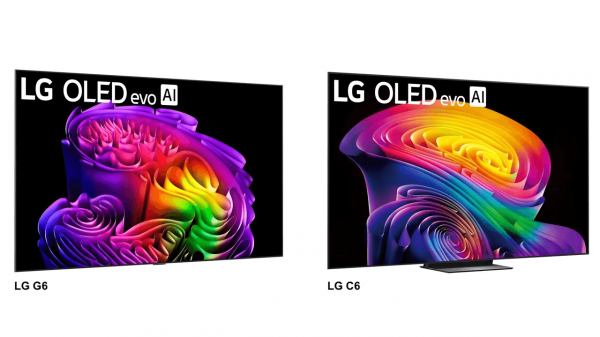It might seem like an odd question, and rightly so. File fragmentation is peculiar to hard drives, and is a method of utilizing space on the physical platter–when the file system splits files into multiple pieces (fragments), most or all of the space on a drive can be utilized. The downside is that because each fragment of a file must be accessed when data is requested, file retrieval takes far longer. The read/write head must work furiously, and seek times lengthen considerably.
It would seem that flash drives (also known as solid-state drives, or SSDs), composed of electronic circuitry instead of mechanically rotating magnetic storage media, would not suffer such problems as there are no physical moving parts involved. And indeed, when it comes to reading files, this is mostly true. But when it comes to writing files, it’s a whole other matter altogether.
The issue is rooted in the NTFS file system, used by all current Windows-based operating systems. The file system, within a solid-state drive, is optimized for hard drives, but not for SSDs, and within flash drives fragments free space quickly. These small free spaces cause write performance to degrade by as much as 80 percent, and that degradation will begin to manifest within a month or so of normal use. This performance degradation defeats a primary value of SSDs, which is speed.
These drives also have a limited number of erase-write cycles, and increasing the occurrence of erases and writes will wear out the SSD faster. The fragmentation of free space causes a greater number of these cycles, as well.
The answer is to employ a solution that will consolidate free space on flash drives. Not only is write performance brought back to a high-speed level and kept there, but once the solution has been in operation a short time, the normal-use write-erase activity becomes substantially reduced.
The net effect of optimizing SSDs –as with hard drives–is that the drives perform at maximum and have reliability maintained for the life of the drive.
To summate, with typical system use, the out-of-box performance of computer systems shipping with solid state storage devices will not be maintained. This is not due to quality or design of the hardware, but rather the fact that file systems are not optimized for SSDs. Fragmentation of free space is a natural side effect that will occur and accumulate over time with all file systems. As free space becomes increasingly fragmented, performance will suffer proportionately. This leads to increased excess write activity on the flash device, diminishing the device’s longevity and reducing its performance dramatically, especially with write speed. Optimization technology specifically designed to address this issue will completely solve it.























